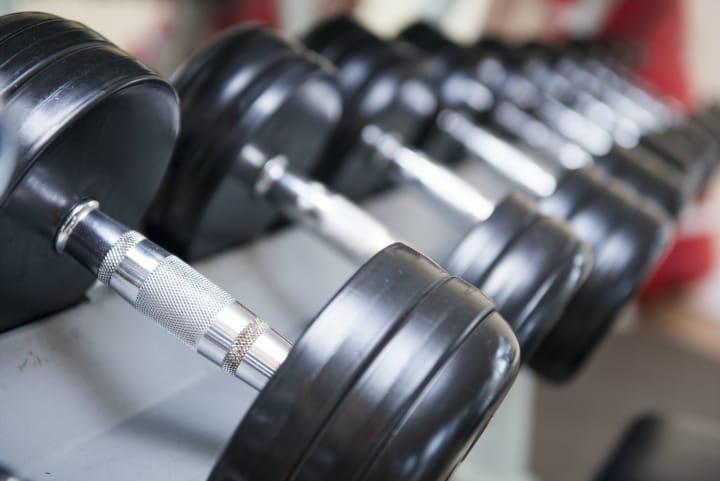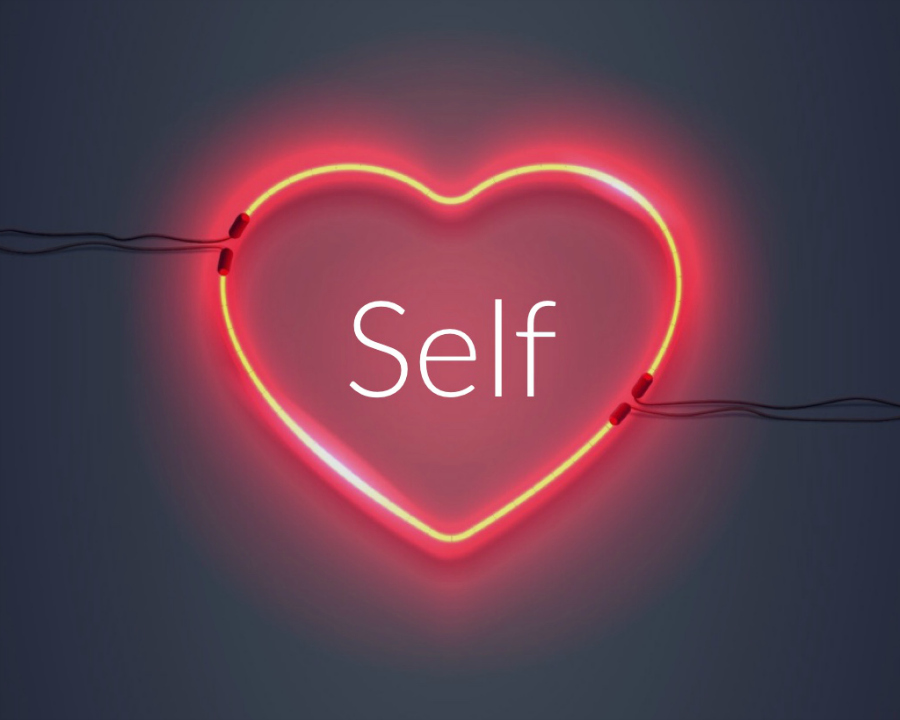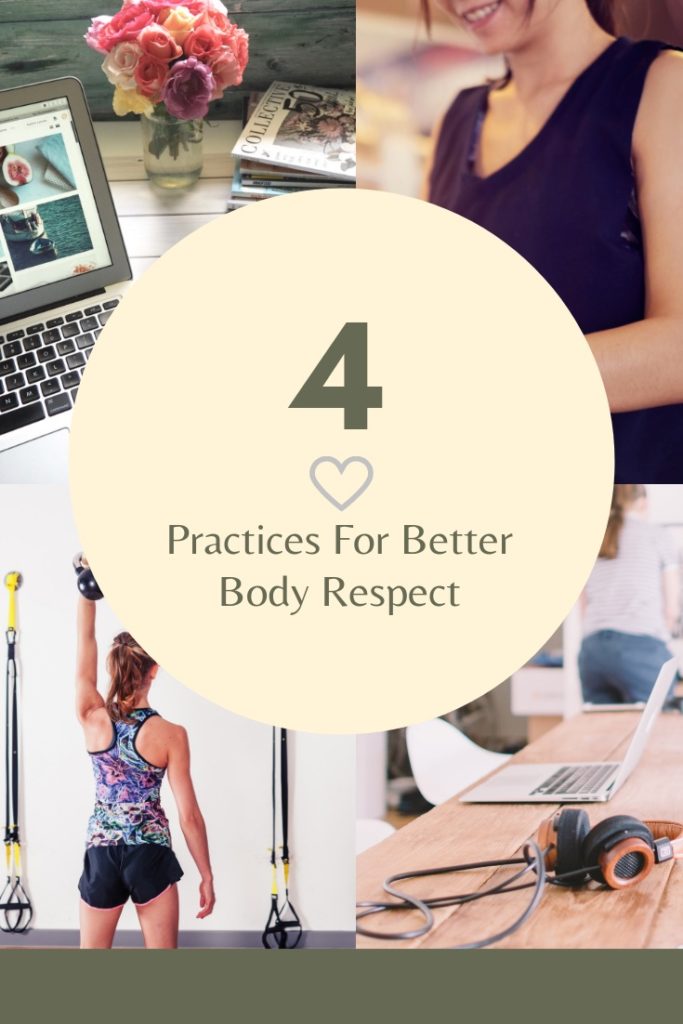Do you remember the early 80s boy band Menudo? If you’re a member of Generation X, it was probably the first time you saw Ricky Martin. Did you know the band was alive and kicking well into the 90s? But not with Ricky Martin because he aged out of the band in 1987. With the promise of perpetual youth, Menudo made no apologies for saying good bye to band members when they reached a certain age. At 17, Ricky Martin was too old for the band.
Fitness is a little like pop music. Fads, fresh faces and young bodies are front and center while experience and time-tested basics often take a back seat. At 43, I feel at the top of my game and (most days) love how my body looks and feels. Until I go to a fitness conference, see a list of the top fitness accounts to follow on Instagram or even pick up certain women’s fitness magazine. Then I feel the ageism and the lack of body respect in the fitness industry.
Recently, watching a video from the GirlsGoneStrong team, I was challenged to do a Google search for “fit woman” and look at the images. I’ll ask you to open a new browser and do the same. Take in those images for a few minutes and come back to me.
Do you feel discouraged and a little less than too? Even the most confident among us aren’t immune to the reality that our culture has a very clear expectation of what a fit female body looks like.
She’s young.
She has a small waist and big breasts.
She’s got long hair silky straight hair.
She’s almost always white.
She might be doing something active, but she’s often just presenting herself for the male gaze.
So where does that leave you and me?
It leaves me feeling a little invisible. While research shows the average age of a personal trainer in the US is 39 what you see in a Google search of images of a “female personal trainer” say something different. Again, you’ll see images of buff young women with their flat stomachs exposed. I’ve also encountered more than one health-related company looking to do sponsored content with wellness bloggers who have deemed me too old to reach their target demographic. No need to apply if you’re over 35.
It leaves me feeling slightly uncomfortable and a little angry with my industry. I would love to blame bloggers and #fitspo, but the pornification of women in fitness was around long before the internet. Sex is used to sell supplements, gym memberships and any number of products in magazines and online to both men and women. I joke that my Instagram account will never blow up because I am over 40 and have a B cup.
It leaves us at a crossroads. Do we accept the standard of beauty and fitness that is being sold to us? Or do we choose an alternative path to self-love, body diversity and body respect?
When I started this fitness journey, I did not understand there was a choice to make. I was younger, closer to the that ideal age, so I accepted the status quo. I bought into those ideals and the myths about what health and fitness was supposed to be. I beat myself up for not meeting the standard. I worked on those last 5 pounds like everyone else. I have unconsciously perpetuated those notions, sometimes with seriousness and sometimes out of jest, unaware of my thin privilege.
How do we redefine fitness and do better by ourselves and others?
“When we know better we do better,” says Dr. Maya Angelou. I know more about myself and the world than I did when I started as a personal trainer almost a decade ago. I’m self-aware and a work in progress. I’ve learned to listen to my body and transitioned my training methods over the years to help you do the same.
I am still learning to accept and love myself as I am. I try not overreact at the sting of body shaming when someone says “skinny people like you” like I’ve done something wrong by being in the body that I am in. In a job where people tell you with pride how much weight they’ve lost, it’s hard to validate their work without defaulting to a compliment based on how they look. It takes work to fight against what society, my professional education and peer pressure have taught me.
I’ve examined what I do as a profession in the context of being a “whole person”. I used to think I could separate my career and my personal beliefs. Now I know that only leaves me feeling conflicted and anxious. It pokes at the imposter syndrome that lurks despite thousands of hours of experience. Now I know how to practice self-compassion for those thoughts when they arise. I know I am happier when I show up authentically in all the spaces I inhabit. I can’t please everyone, but I absolutely will respect everyone. I believe in myself enough to know that if I’m not your vibe you’re not my tribe.
How do we move forward together on a path of body respect and self-love? Not much changes about my tried and trusted training methods. I still teach healthy habits and not diet dogma. I may institute a “no negative self-talk” rule in the gym. Here’s what we can do together if you’re willing to join me.
Unsubscribe and unfollow. I’ve been unfollowing a lot of accounts on Instagram and Facebook. Some of them belong to be female fitness pros whose skills I respect, but I can’t keep assaulting myself with images and messages that chase a perfection that doesn’t exist. Instead, I’m choosing messages that lift me, that sharpen my skills, celebrate my love of food and tea or that make me laugh. This goes along with my aspiration to be consuming less social media in general.
No filters on selfies or “look at my booty” shots. Not that there is anything wrong with selfies but what is that photo celebrating? That’s up to you to decide of course. How you show up online is up to you but let it be YOU. Likes aren’t a measure of your worth.
Notice your reactions to bodies that differ from the “supposed to be” ideal. I saw a video on Facebook that posed this question, “what if we judged all dogs by one breed – the poodle?” What if Frenchies were deemed ugly and unlovable for their short hair or Great Danes shamed for their height. Laugh if you will be we do it to each other. We allow dogs to be all different shapes and sizes with love, but we won’t allow the same grace for people? Notice how you react to fat bodies, disabled bodies, trans bodies or bodies of a different shade than yours. Judgment is armor against vulnerability and it prevents us from living a whole-hearted life (thank you, Brene Brown). Acknowledge the biases we all have and do the work to be better for yourself and others.
Practice Best Interest Buying. In her book, The Body Is Not An Apology, Sonya Renee Taylor ask us to give up detriment buying and practice Best Interest Buying. Determent buying is purchasing those products and services that feed into the myths about the female body that hurt us.
“Best Interest Buying is a model that asks us to allow our economic investments where they be lattes, lipsticks, neckties or stock portfolios to reflect our commitment to radical self-love for own lives and for the lives of others. Best Interest Buying furthers our radical self-love journey by connecting how we spend our resources with what we truly want for our lives, not simply in the short term to avoid feelings of not being “enough”. In this model, we ask ourselves if what we are busying is a desire rooted in self-love.” – Sonya Renee Taylor
I don’t have all the answers but I know fitness isn’t a number. I want to see more body respect in the fitness industry. I also know what I don’t want. I don’t want anyone wasting precious time, energy or money trying to live up to an ideal of fitness that doesn’t really exist. I want us to all invest in what brings us joy and allows us to live a life of purpose and meaning – at any age. You can choose the path to self-love and embracing body diversity. By showing up and being seen we can change the image of fitness online and in real life.





